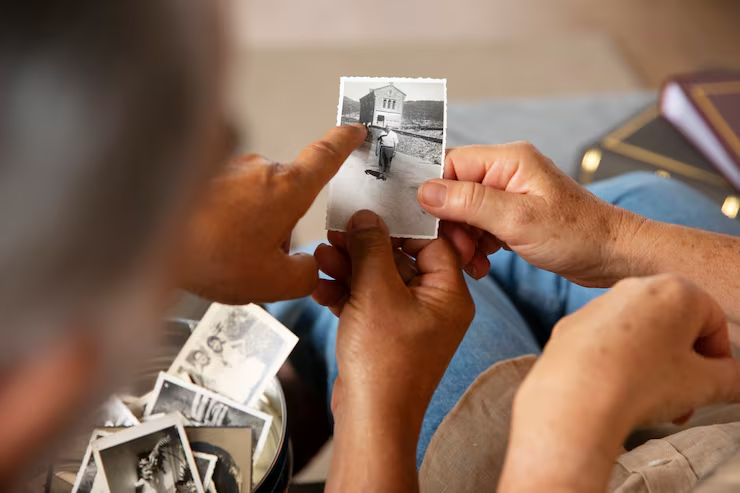July 1, 2025
How to Build and Keep a Healthy Habit That Lasts

Creating a healthier lifestyle often starts with one small change—but making that change stick is where the real challenge lies especially when you already have a tight schedule as a caregiver for another person or as a person who is being supported by a caregiver. Whether you want to eat healthier, move more, or manage stress, the key is building habits with someone who can help to hold you accountable beyond the first few days or weeks. Here’s how to get started and stay on track:
1. Start Small and Be Specific
Instead of saying “I want to get healthy,” define a clear and manageable habit that you can measure. For example:
- “I’ll walk for 10 minutes three mornings per week.”
- “I’ll stretch for 5 minutes after helping with the morning routine.”
- “I’ll drink a glass of water while preparing medications.”
- “I’ll swap one soda for one glass of water each day.”
Small habits are easier to start and maintain—and they build momentum for bigger changes.
2. Link A Small Change to an Existing Routine
Attach your new habit to something you already do on a regular basis. This creates a natural cue that reminds you to follow through:
- Do calf raises while brushing your teeth.
- Take your vitamins after brushing your teeth.
- Meditate for five minutes right after making coffee or tea.
- Do 20 squats and 20 jumping jacks before stepping into the shower.
- Right before TV time or when your loved one is resting, do a five-minute guided meditation.
- Swap one minute of scrolling on your phone with 10 deep, cleansing breaths.
3. Track Your Progress
Use a calendar, app, or journal to record your success. Seeing a streak grow (even a short one) can keep you motivated and focused. Consider writing your progress out on paper and displaying it in an area you commonly see. There’s something motivational (and less distracting) about seeing your progress displayed in front of you instead of logging in to a digital platform to see it.
4. Celebrate Small Wins
Don’t wait for major milestones. Celebrate the little victories—like completing a full week or resisting an old unhealthy habit. Positive reinforcement helps habits stick.
5. Plan for Setbacks
Life happens. If you miss a day or two, don’t give up. The goal is consistency over time, not perfection. Just pick it back up when you can without feeling guilty about it.
6. Stay Accountable
Tell a friend, join a group, or set a reminder on your phone. Accountability—whether social or digital—can provide the nudge you need to stay consistent.
Final Thought
Remember, changes in your routine take time to become a habit. By starting with one small change and showing yourself the same compassion you give others, you can build a healthier lifestyle that supports both you and the person you care for.
And, if you’re wondering how long it takes for a new habit to stick, research suggests it takes an average of 66 days for a behavior to become automatic—but that number can vary from person to person. Some habits take only a few weeks to form, while others may take months. The key isn’t perfection—it’s consistency and patience. Stick with your small changes, and over time, these can turn into lasting, life-giving routines that support both your health and your caregiving journey.



